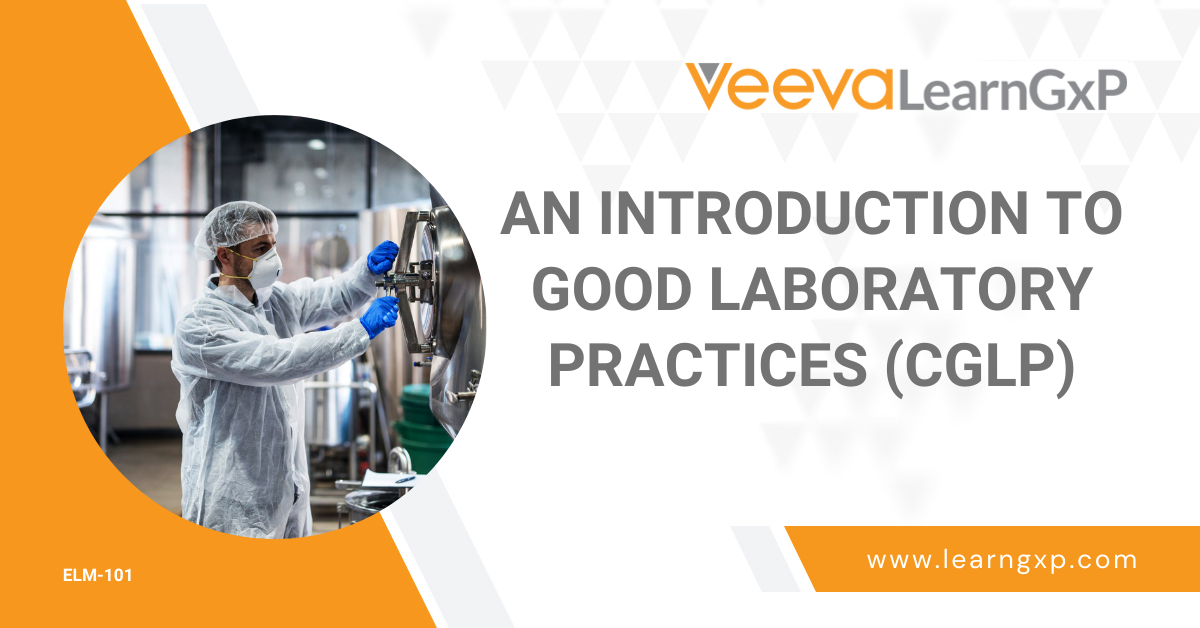The initial consequence of non-compliance with cGLP requirements, in which ever form they are applied, will raise questions about the validity of the results of laboratory testing. This will in turn lead to:
- Increased need to repeat work, resulting in a loss of productivity
- Increased time spent on laboratory investigations
- Increased rate of rejection of manufactured product, resulting in a loss of revenue and reduced profits
- Loss of laboratory reputation, resulting in a loss of business
If the non-compliance is not identified this can result in:
- Erroneous conclusions being drawn about the safety of substances and products in consumer use, resulting in public and animal health implications or potential harm to the environment
- Substandard, adulterated and unsafe products being introduced in to both national and international commerce
- Increased rate of product recalls
- Loss of business and consumer confidence
In addition there is the very real risk of product related civil litigation.
Consequences of Non Compliance For Regulated Laboratories
For laboratories engaged in regulated studies, or in the quality control of regulated products such as pharmaceuticals.
A failure to address inspectional observations following an audit in a timely manner will invariably result in the issuance of a warning letter followed by other regulatory action such as:
- Seizure of products
- Injunctions on trading
- Cancellation of product licences
- Consent decree
- Criminal prosecutions
All these can result in significant costs for the non-complying laboratory. One generics drugs company, who recently entered in to a consent decree with the US Food and Drugs Administration, due to laboratory data integrity and reliability, and contamination control issues at several of its manufacturing sites; has had to pay $500 million to the US government and now has to retain expert consultants to oversee its operations.
Fraudulent Activity
If fraudulent activity is found to have occurred, there is the very real possibility of criminal prosecution, particularly if human or animal health or the environment has been placed at risk, or if the administration of justice has been undermined.
In such circumstances prison sentences are a very real consequence. In November 2013 a chemist working in a Massachusetts forensic drug testing laboratory was sentenced to three to five years in prison after they were found to have fabricated results on seized evidence.





